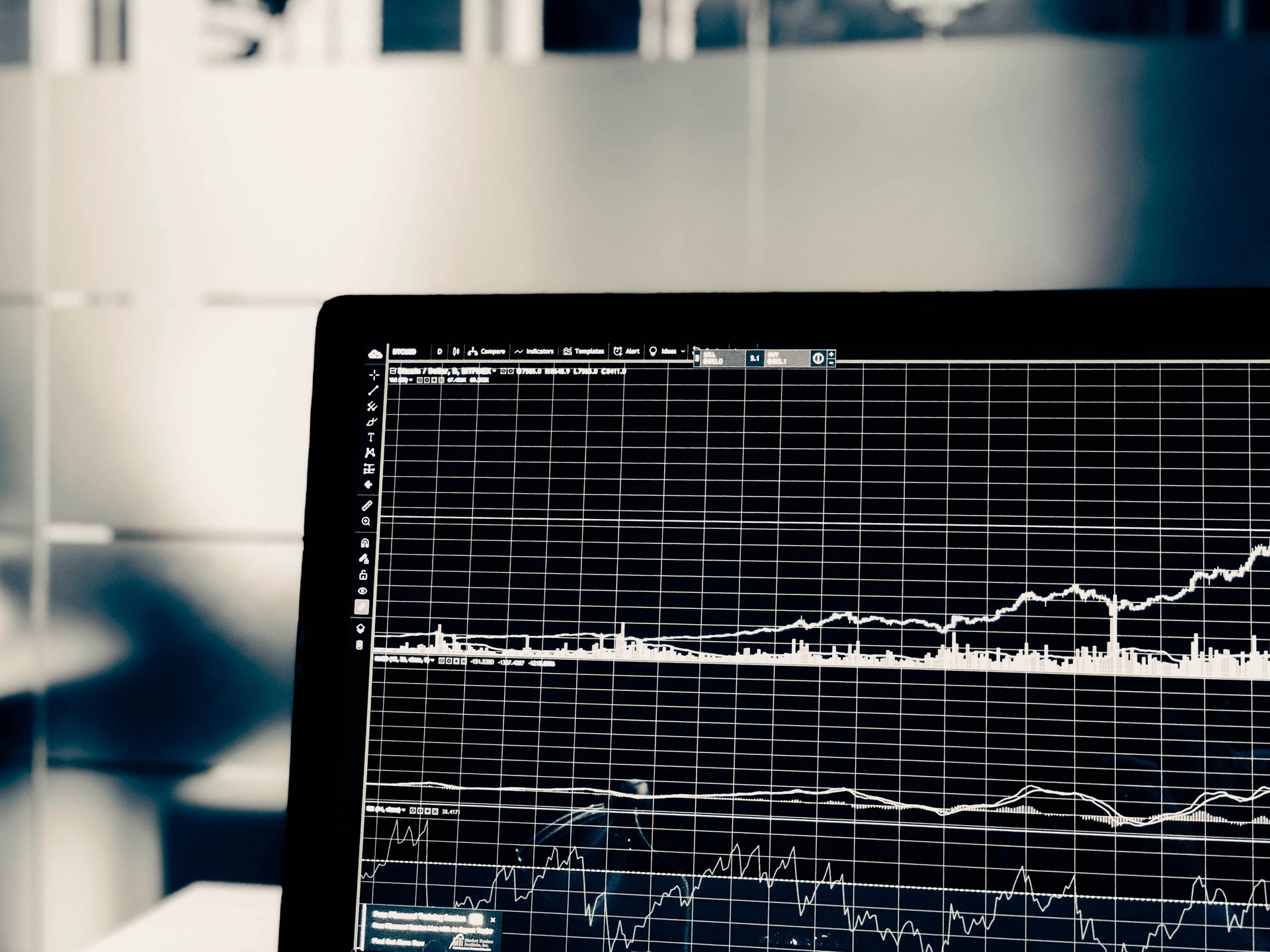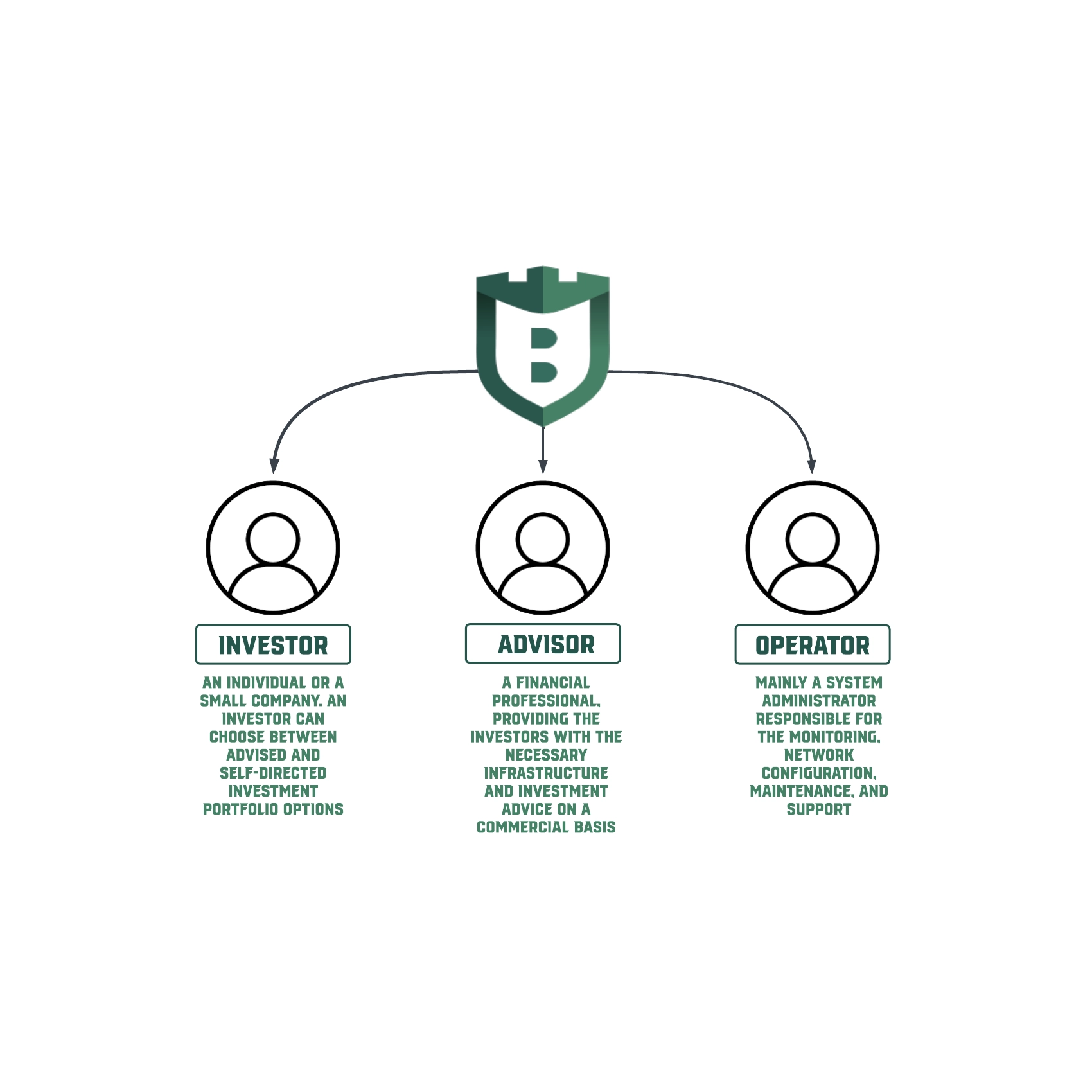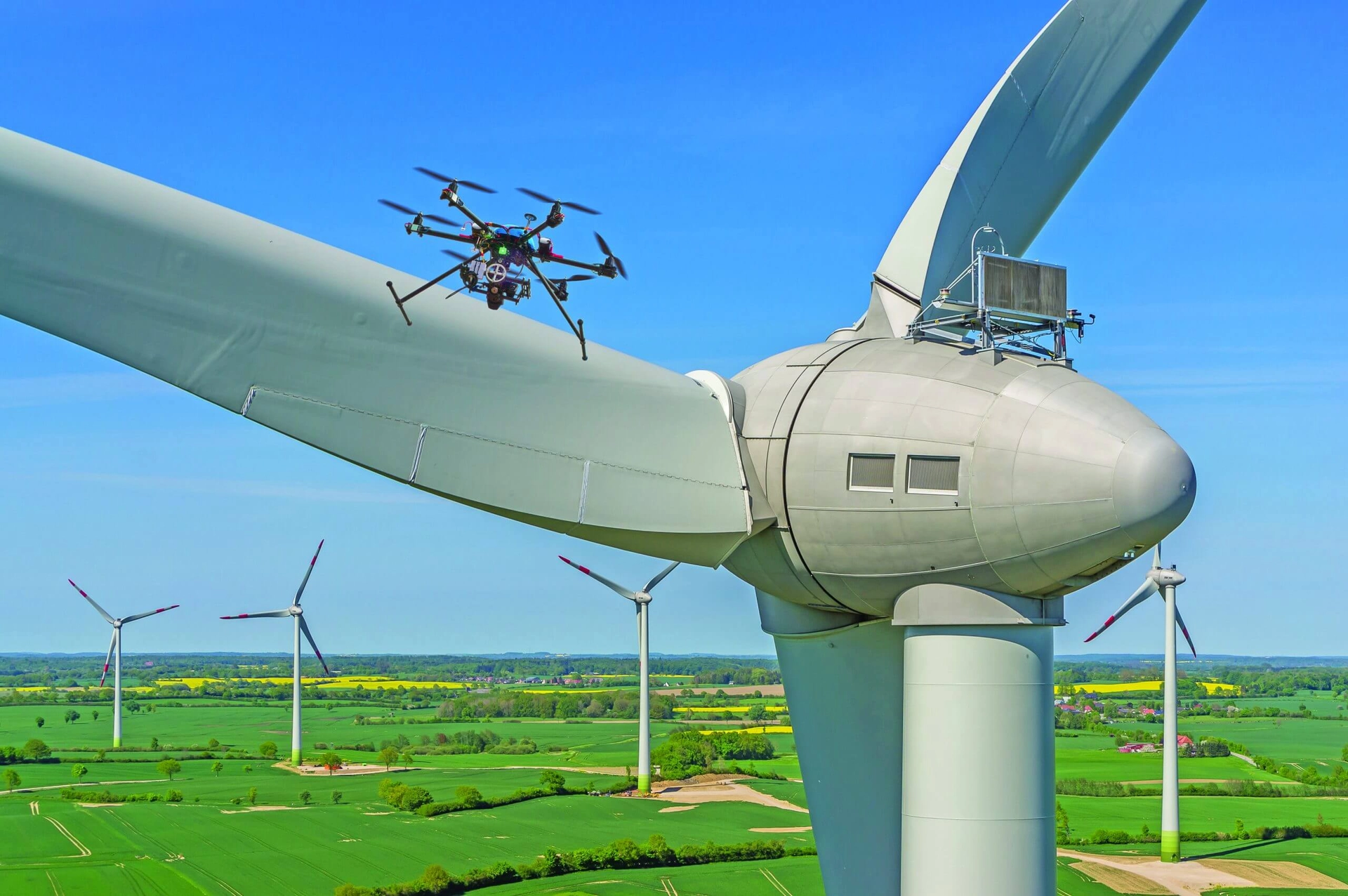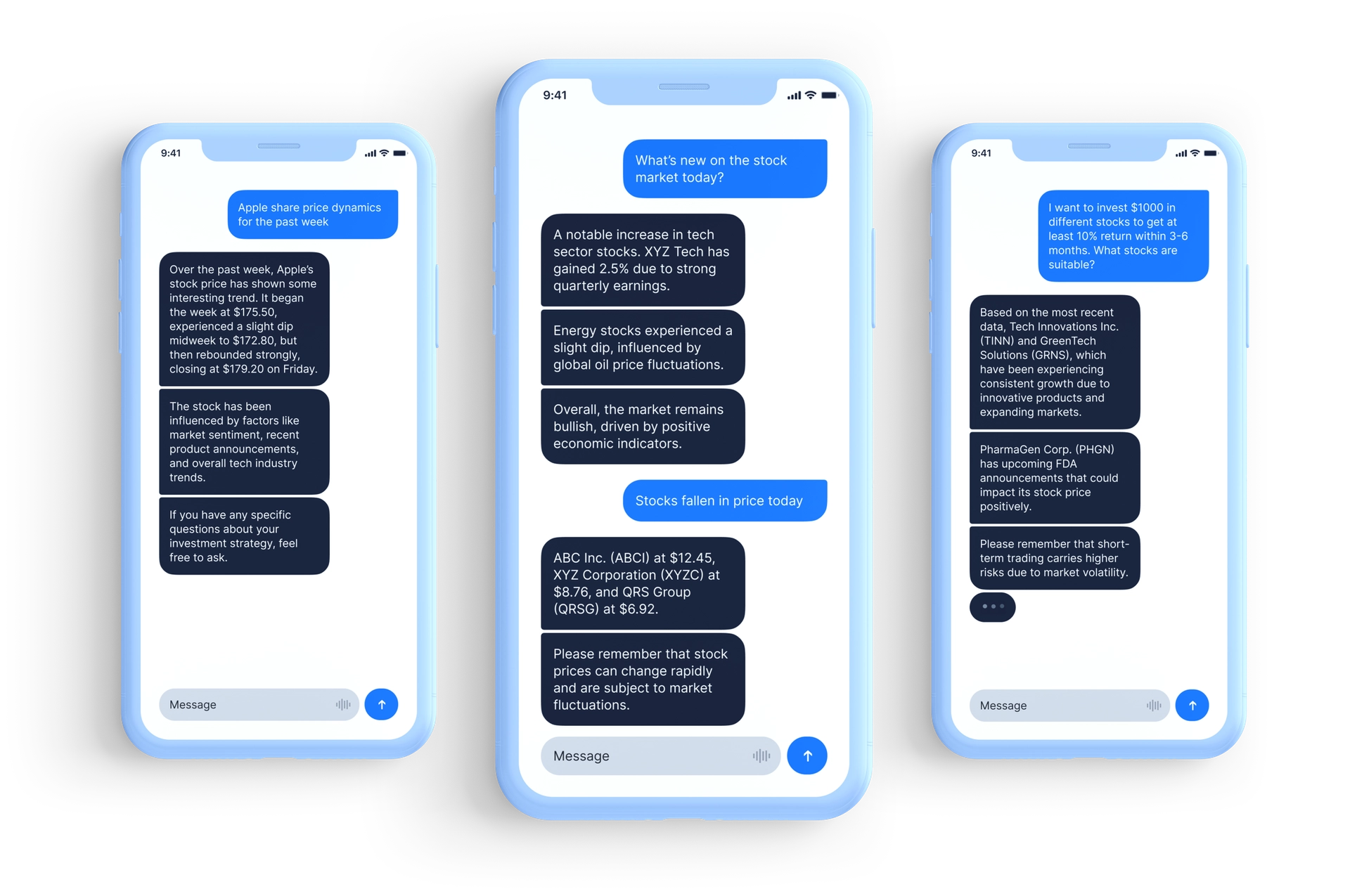Revolutionizing Agriculture: How Tech Trends Make Farming Smarter
AgriTech is sprouting as an industry that attracts increasingly more investors. It aims to make farming easier, more data-oriented, ecological and profitable. BIS Research predicts the global smart farming market to reach around $23 billion by 2022 and grow at a compound annual growth rate (CAGR) of almost 20% from 2017 to 2022. Such accelerated development is triggered by the increasing demand for crop yield and food production with the same resources. Technologies help agriculture businesspeople reinvent farming strategies and empower farmers with machine learning, IoT, big data analytics and computer vision in agriculture.
Smart Farming Technologies as the Industry Driver
Also called the 3rd Green Revolution, smart farming is the way to innovate the agriculture sector by adopting smart technologies. In the years to come, it promises to bridge the gap between the latest tech solutions and the agricultural sector – a realm that is used to relying on the more traditional approaches.
The 3rd Green Revolution rushes into the industry with precision agriculture development, IoT solutions, satellites, sensors, geo-positioning systems, drones and location-based services. For farmers, AgriTech paves the way to easier operational management, more efficient resource exploitation and sustainable crop yield. IoT, advanced robotics and automated machinery allow farmers to optimize their processes, while the data they receive from sensors can help farmers shape and alter their strategies.
When partnering with a software company, agriculture businesses should search for vendors with advanced expertise in artificial intelligence, machine learning, big data and IoT. These tech areas can help farmers deal with the everyday challenges and pain points that are difficult to treat without software solutions. For example:
- IoT agriculture sensors and location-based services solutions can record weather conditions, monitor fields, observe and track livestock and collect data from fields. The received information will help improve crop management and measure field efficiency.
- Big data analytics can have an immense impact on improving decision-making. It will help farmers automate suggestions and recommendations, calculate the necessary crop orders, count plants and predict yields.
- Machine learning in smart agriculture means better crop management. Artificial intelligence is of great help when it comes to seed breeding, health monitoring and harvesting.
Major Vectors of Smart Farming Development
AgriTech is a vast industry that combines different approaches and technologies, but the ones that have proven to be the most effective are precision livestock farming, smart greenhousing, precision farming and using drones as well as satellites on farms.
Precision Livestock Farming
Precision livestock farming (PLF) is fueled by advanced technologies that allow keeping track of each animal. With this approach, farmers can optimize contribution per animal and improve livestock management. PLF also delivers qualitative and quantitative results, enabling sustainable development.
Precision livestock farming brings together real-time data about AgriTech animal health, nutrition and location. Based on the results collected from sensors, cameras and image recognition software, farmers can monitor cattle welfare and increase livestock efficiency. Both wearables and beacons provide valuable insights on how to improve animal well-being through climate, ventilation in facilities or feeding.
Artificial intelligence, IoT, cloud computing, big data analytics and platform solutions power the rise of smart livestock farming.
Artificial intelligence comes in handy when you have to process data about dozens or hundreds of animals and generate results quickly and accurately.
IoT technologies and connected devices create a unique network for communication and cooperation in real-time. Wireless IoT agriculture sensors and applications are valuable for decentralization and automated decision-making
Platforms allow facilitating livestock management with a streamlined supply chain and distribution. They also handle real-time animal classification or deviations in animal populations.
Smart Greenhousing
Smart greenhouse farming replaces direct human supervision with automated sensors and monitoring systems. Systems like this help farmers monitor the environment and mitigate changes for better crop, vegetable and fruit growth. Embedded systems and robotics help to control soil moisture level, light level and humidity level for advanced plant growth.
Precision Farming
As equipment, tools and approaches to farming are often outdated, the sector suffers from low productivity and profit. Technology can help agriculture deal with the issues that have been blocking its development for many years. Precision farming, or precision agriculture, ensures that plants and animals get the precise treatment they need. Implementing computer vision and AI solutions for precision agriculture, businesses can manage plantations, eliminate anomalies in the plant well-being and increase productivity by 40%.
By combining sensors, GPS, robotics and cloud computing, the precision agriculture technology can assist in strategic decision-making, production optimization and crop sustainability. Smart farming allows to observe, diagnose and determine actions that refer to a single square meter of the plantation or an individual plant, in contrast with the traditional approaches that monitor the entire field as a whole.
Such plant-specific actions help farmers choose treatment by adjusting the soil moisture, light and humidity levels for each plant. On top of that, the system can evaluate if the treatment actually works.
Automated growth tracking solutions allow businesses to modernize and automate their processes, resulting in better operational and cost efficiency.
Drones and Satellites
Farmers can use the capacity of satellites and drones in agriculture for better, cheaper and faster data collecting and processing. Drone- and satellite-based agriculture makes handling farms more accurate and productive.
Being the farmers’ “eyes” in the sky, drones and satellites can help with farm area measurement and management, yield estimation, plant health monitoring as well as disease, anomaly and weed identification. Take a look at the issues that drones and satellites can solve and how their functioning differs.
Satellite monitoring
Satellites bring more precision to farming based on satellite imagery. Operating on a specified territory, satellites take high-resolution photos of fields or farming areas. Agriculture satellite data is stored in databases or in the cloud so that farmers could easily track plant welfare, compare growth dynamics and forecast crop yield. This information gives insights on the most and least productive field areas, crop rotation and state of vegetation.
Satellites used for agriculture help businesses automate data collection and processing. Predictive analytics of both entire fields and separate crops is also among the advantages satellites bring to farmers. However, there are cons of satellite-based agriculture as well, including high weather dependency, low picturing frequency (every 5-8 days) and low resolution of photos compared to drones.
Drone monitoring
Drone agriculture mapping software also helps farmers with data collection — it’s fast, precise and, what’s most important, mobile. Modern drones can take pictures that have a resolution in centimeters per pixel. AgriTech uses different types of drones, but the most powerful ones can shoot and process more than 2,000 field hectares a day. On top of that, most models are not weather-dependant and can take pictures even in cloudy or foggy conditions. The only thing that blocks drone work is the ban to fly in certain areas, the so-called “no-fly zones.” But if the drone only covers the territory of your farm, you’re good to go.
Heading for the Future of Agriculture
The future itself is driven by technology, so as the future of agriculture. Technology is key to addressing acute problems in the global food system. A digitized world offers tremendous opportunities for farmers to use data collected from satellites, sensors, drones to make better-informed decisions and precision technology to flawlessly execute every decision. By adopting the latest technologies and resource-efficient solutions, agritech will be able to get to a new level, reduce costs, improve yields and be more environmentally friendly.
About Quantum
Quantum is a data science and software engineering company with international presence and R&D centers in Ukraine. We serve large software companies and quickly growing startups all over the world, investing in our clients’ competitive advantages and capacity using cutting-edge technologies.
We embrace deep knowledge in agritech software development for farming and technology companies to drive data-driven decisions, improve sustainability and increase production. Quantum expertise ranges from data collection from satellites, drones, sensors and its analysis using innovative AI methods to building complicated farm management solutions.





